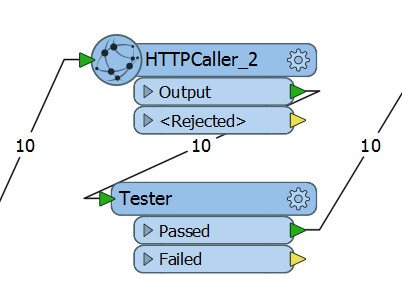Let's say I have 10 features and each of them has an URL that I can use within a HTTPCaller.
If I have what I need within the first URL though (validation made by a Tester just after), I want the HTTPCaller stop making calls.

How could I do that?
Thanks!











